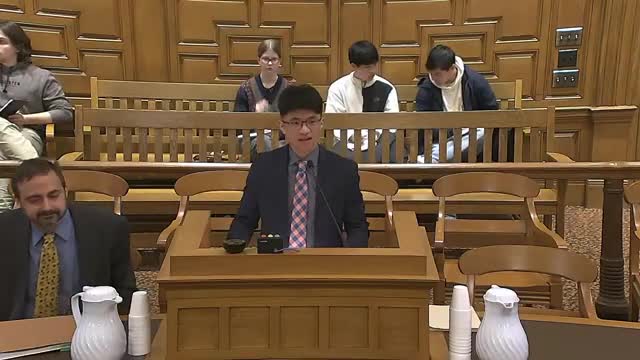Article not found
This article is no longer available. But don't worry—we've gathered other articles that discuss the same topic.
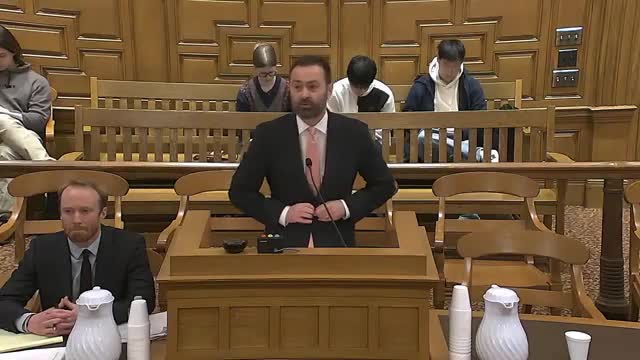
Appeals court questions whether public "affray" requires bystander fear beyond victim's alarm
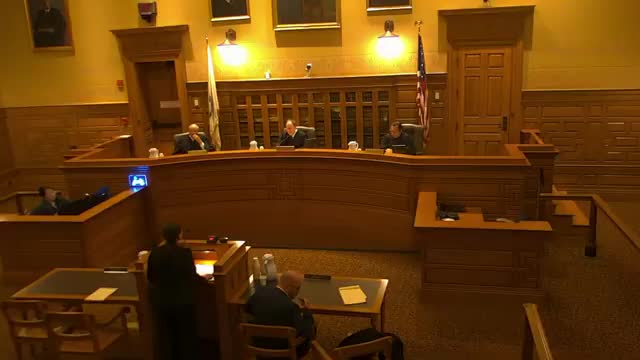
Appeals argument in gun-possession appeal centers on certified records and whether defendant must know licensing rule
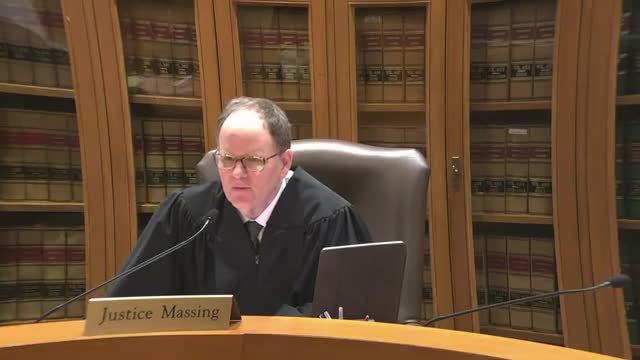
Sibling dispute over life-insurance beneficiary turns on digital evidence and discovery battles
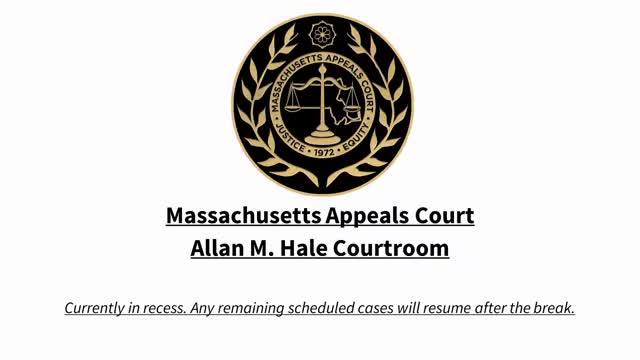
Appeals court urged to uphold trial finding that father———————was unfit after prolonged absence, despite defense claim of counsel error
